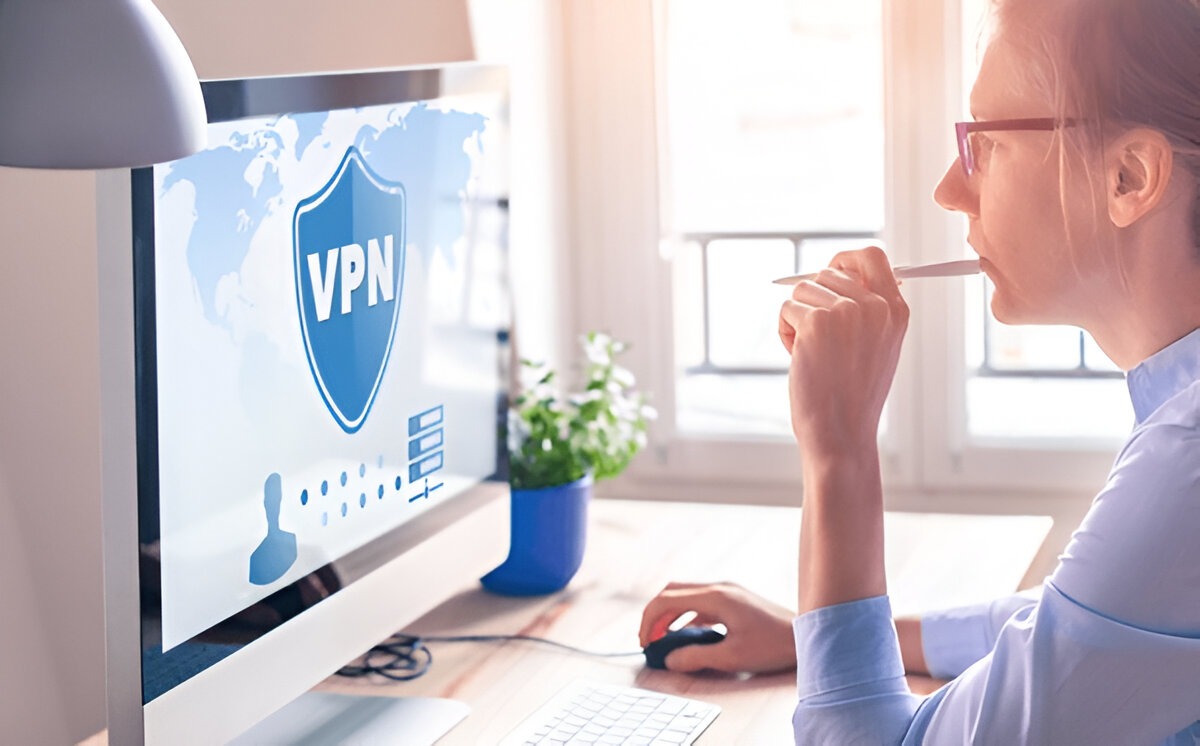In today’s digital world, privacy is no longer a luxury—it’s a necessity. Whether you’re browsing from your Android phone at a café or working remotely on a Windows laptop, your online activity is always vulnerable to hackers, trackers, or censorship.
That’s where VPNs (Virtual Private Networks) come in.
But if the term “VPN” sounds too technical or confusing—don’t worry. This beginner’s guide to using VPN on Android and Windows breaks down everything in simple, practical steps.
By the end of this guide, you’ll know exactly:
-
What a VPN is
-
Why you need it in 2025
-
How to set it up on your phone or computer
-
Which VPN services are trusted and beginner-friendly
Let’s dive in.
What Is a VPN (Virtual Private Network)?
A VPN, or Virtual Private Network, is a secure tunnel between your device and the internet. It hides your real IP address, encrypts your online activity, and lets you browse safely—even on public Wi-Fi.
In simpler terms:
Using a VPN is like drawing the curtains before doing something private. You’re still at home, but nobody outside can peek.
Why Beginners Should Start Using a VPN in 2025
If you’re new to VPNs, you might be wondering, Do I really need one?
Here’s a breakdown of why VPNs matter now more than ever:
| Reason to Use a VPN | What It Helps With |
|---|---|
| Protect Your Privacy | Keeps ISPs, hackers, and apps from tracking your location or data |
| Safe Public Wi-Fi Usage | Encrypts your connection to avoid snooping at cafes, airports, hotels |
| Access Global Content | Bypass geo-blocks on Netflix, YouTube, websites, and more |
| Stay Anonymous Online | Hide your real IP and browsing history |
| Avoid Censorship | Access restricted websites in your country or region |
In 2025, VPNs are not just for tech-savvy users—they’re for anyone who wants freedom and security online.
How to Choose the Right VPN (Beginner-Friendly Criteria)
Not all VPNs are created equal. Here’s what to look for as a beginner:
Must-Have Features:
-
No-logs policy (Doesn’t store your browsing history)
-
Strong encryption (At least AES-256)
-
User-friendly interface (Especially for Android/Windows)
-
Good server speed
-
24/7 support
-
Works with streaming platforms
Trusted VPNs for Beginners (Free & Paid):
| VPN Name | Free Version Available? | Best For | Starting Price (Paid) |
|---|---|---|---|
| Proton VPN | ✅ Yes (Unlimited) | Privacy-focused users | $4.99/month |
| NordVPN | ❌ Trial only | Streaming + Security | $3.69/month |
| Surfshark | ❌ Trial only | Budget-friendly families | $2.29/month |
| Windscribe | ✅ Yes (10GB/month) | Beginners + casual browsing | $5.75/month |
| ExpressVPN | ❌ No free plan | High-speed streaming & gaming | $8.32/month |
How to Use VPN on Android (Step-by-Step for Beginners)
Setting up a VPN on your Android phone is easier than installing a game. Here’s how to do it:
Step-by-Step:
-
Download a VPN App: Go to Google Play Store. Search for Proton VPN, Windscribe, or any trusted provider.
-
Install & Open the App
-
Sign Up or Log In
-
Tap “Connect” to a Recommended Server (Or choose one manually by country)
-
Allow VPN Permissions when prompted
You’re now browsing securely. A key icon should appear on the status bar, indicating VPN is active.
How to Use VPN on Windows (Step-by-Step for Beginners)
Windows also makes VPN setup super simple.
Option 1: Using a VPN App (Recommended)
-
Download VPN Software from the provider’s official website (e.g., NordVPN, ProtonVPN)
-
Install the Program
-
Sign In and Open the Dashboard
-
Click “Connect” to Use the Fastest Server
-
Verify Connection (You can visit whatismyipaddress.com to see your new IP)
Option 2: Manual Setup (Less Beginner-Friendly)
-
Go to Windows Settings > Network & Internet > VPN
-
Click “Add a VPN Connection”
-
Enter details from your VPN provider (Server name, login info, etc.)
-
Click Connect
This method is useful if you want to avoid installing additional software, but it’s more technical.
Real-Life Examples: How VPNs Help in Daily Life
Public Wi-Fi at Cafes or Airports:
Imagine checking your bank account over Starbucks Wi-Fi. A VPN encrypts your data, so even if someone’s spying on the network, they can’t see your info.
Unlocking Netflix Libraries:
Love watching international shows? VPN lets you switch your IP to another country, so you can access that region’s content.
Students Accessing Blocked Resources:
If your school or country blocks sites like Wikipedia or Reddit, VPNs break through censorship with ease.
Pros and Cons Table: VPN Use for Beginners
| Pros | Cons |
|---|---|
| Easy to install & use | May slow down internet speed |
| Great for streaming | Free plans are limited |
| Works on all devices | Not all VPNs are trustworthy |
| Keeps your data private | Some websites may block VPN IPs |
Bonus VPN Safety Tips for Beginners
-
Always download VPNs from official sites or Google Play/Windows Store
-
Avoid free VPNs with no privacy policy—they often sell your data
-
Disconnect the VPN when accessing local bank sites to avoid login issues
-
Use auto-connect on public Wi-Fi
-
Regularly update the VPN app for security patches
FAQs: How to Use VPN for Beginners
Is using a VPN legal?
Yes, VPNs are legal in most countries. However, some restrict their use. Always check local regulations.
Will a VPN make my internet slower?
A little, yes. Because your data is encrypted and routed through another server. Choose a fast VPN to minimize this.
Can I use a VPN for free?
Yes, but free plans often have data caps, slower speeds, or fewer server choices. They’re great for casual use.
Will a VPN keep me 100% anonymous?
No tool is perfect, but VPNs significantly increase privacy and reduce tracking.

